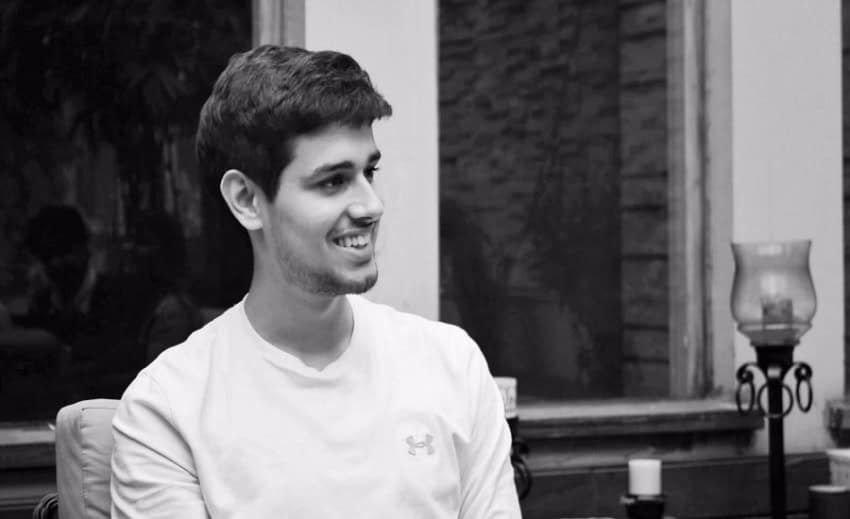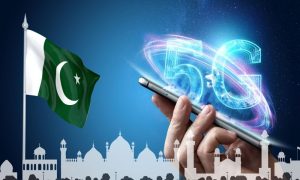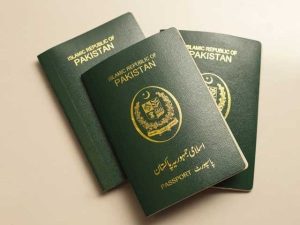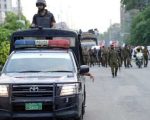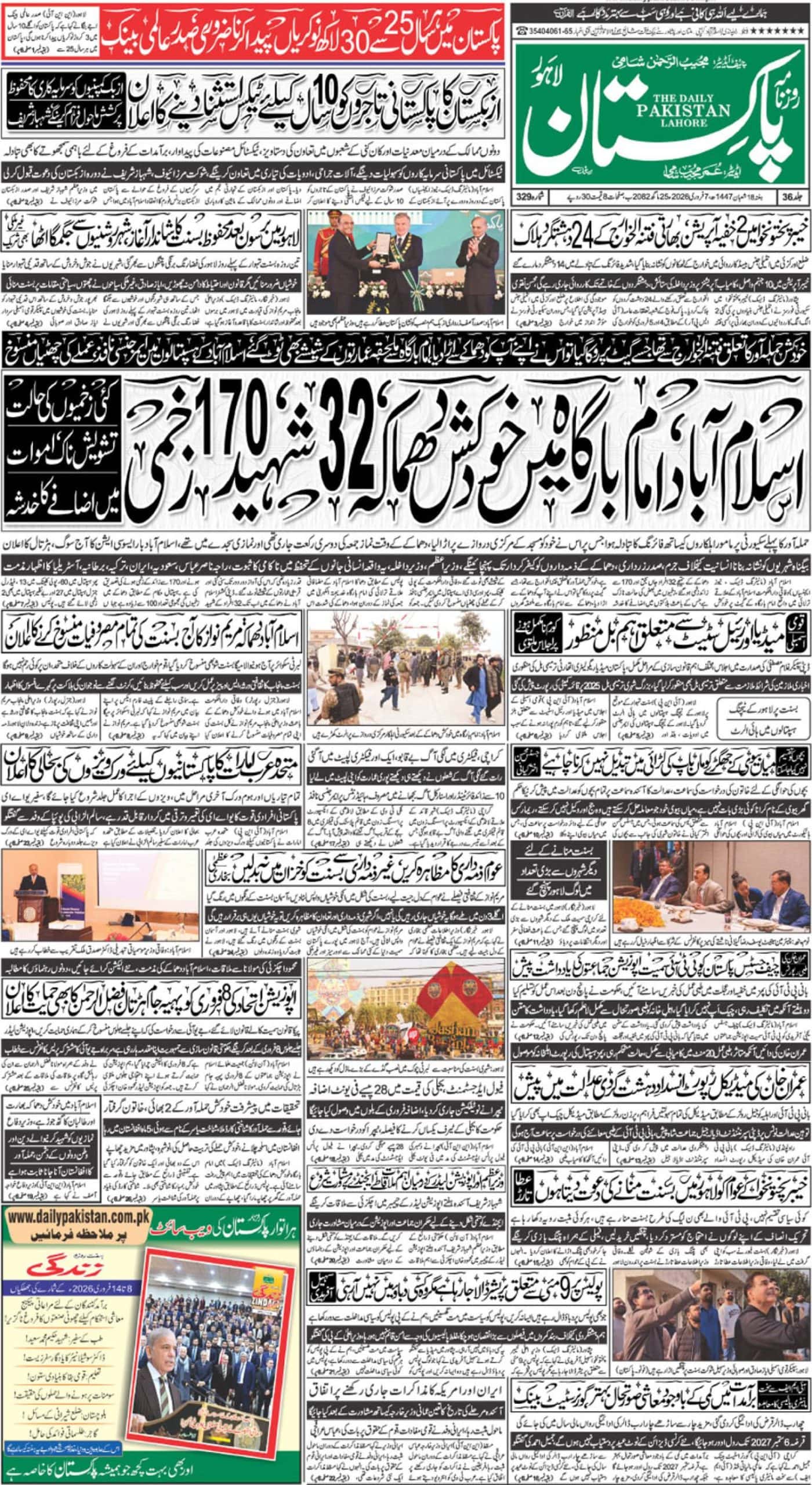NEW DELHI – Facebook has banned popular Indian political YouTuber Dhruv Rathee from posting for one month ahead of India’s general elections.
Rathee, who is a strong critic of Narendra Modi government, tweeted on Monday that Facebook has banned him from posting for 30 days. The first phase of India’s election falls on April 11.
Today, @Facebook banned my account for 30 days.
What a coincidence that elections are 30 days away also and what a coincidence that my engagement rates are one of the biggest in India, competing with BJP’s top propganda pages, including Modi’s official page. pic.twitter.com/aVECxhT4NE
— Dhruv Rathee (@dhruv_rathee) March 17, 2019
Facebook, according to Rathee, said one of his posts had violated its community standards. The post in question, of which he tweeted a screenshot, simply consisted of pages from a biography of Adolf Hitler.
Today, @Facebook banned my account for 30 days.
What a coincidence that elections are 30 days away also and what a coincidence that my engagement rates are one of the biggest in India, competing with BJP’s top propganda pages, including Modi’s official page. pic.twitter.com/aVECxhT4NE
— Dhruv Rathee (@dhruv_rathee) March 17, 2019
Dhruv Rathee has 1.7 million YouTube subscribers and over 550,000 followers on his Facebook page.
One of his most popular videos is an interview with a former insider of the BJP’s “IT Cell,” the social media team that has come under fire in recent years for sharing propaganda and misinformation more effectively than other parties have, reports local media.
This is exactly what I’d warned of in my column last week: Facebook’s action has partisan consequences that can affect electoral outcomes. https://t.co/w6ho6v3EGB
— Nitin Pai (@acorn) March 18, 2019
Facebook’s ban on Rathee raises questions about the social networking site’s power to censor political speech, an ability that could have critical consequences, especially around election time.
Facebook has frequently been accused of allowing to publish hate-filled and violent contents on its platform and removing contents critical to the ruling party BJP.
Analysts are accusing that as the general elections are closing in, the giant social media platform is becoming partisan which can affect electoral outcomes.

